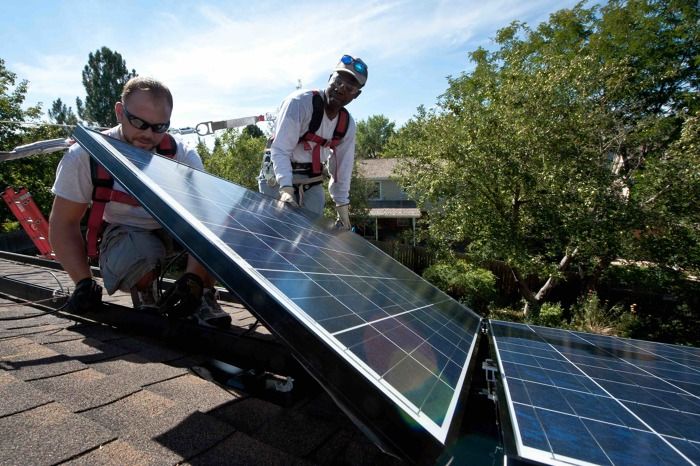
Despite falling prices for photovoltaic (PV) panels and cheaper and more efficient battery storage on the near horizon, it usually makes more sense to stay connected to the grid than to cut ties completely, a new report published in the journal Energy Policy says.
The authors, Rajab Khalilpour and Anthony Vassallo of the University of Sydney in Australia, write that in most cases a better choice than leaving the grid entirely is to minimize the amount of electricity purchased by installing “an optimized size” PV-battery system.
The full text of the report is behind the journal’s pay wall, but its contents were summarized in an article in The Washington Post on March 30.
Grid defection is a growing worry for U.S. electric utilities. Although the number of customers with their own PV systems is relatively small, cheaper panels and the growth of solar leasing companies is making PV more attractive. As a new generation of lithium-ion batteries becomes more widely available and prices continue to fall, some customers may decide to cut ties with electric utilities altogether.
The trend has been called a utility “death spiral,” but the report suggests there are good reasons for most customers to stick with a grid-tied system.
Model considers various PV scenarios
The authors came up with a model, The Post reports, which allowed them to factor in the size and cost of a PV system, the energy demands of a particular household, and net-metering policies, by which homeowners sell excess power to the utility.
“The surprising upshot is that leaving the grid rarely seems to make sense, for two reasons,” the article says. “First, with a relatively small and thus cheaper solar and/or battery system, you can’t generate enough power to be independent, so you have to stay connected.” Complete grid independence, the report says, is “only possible with a very large PV-battery system which is subject to significant capital costs.”
Although a customer could install a PV system big enough to guarantee grid independence, a system that large would generate plenty of money when excess power was sold to the grid through a net-metering arrangement.
“The policy implication of this study is that, from an economic perspective, widespread disconnection might not be a realistic projection of the future,” the report’s abstract says. “Rather, a notable reduction of energy demand per connection point is a more realistic option as PV–battery system prices decline further.
“Therefore, policies could be devised to help electricity network operators develop other sources of revenue rather than increasing energy prices, which have been assumed to be the key driver of the death spiral.”
Fine Homebuilding Recommended Products
Fine Homebuilding receives a commission for items purchased through links on this site, including Amazon Associates and other affiliate advertising programs.

Handy Heat Gun

Reliable Crimp Connectors

8067 All-Weather Flashing Tape
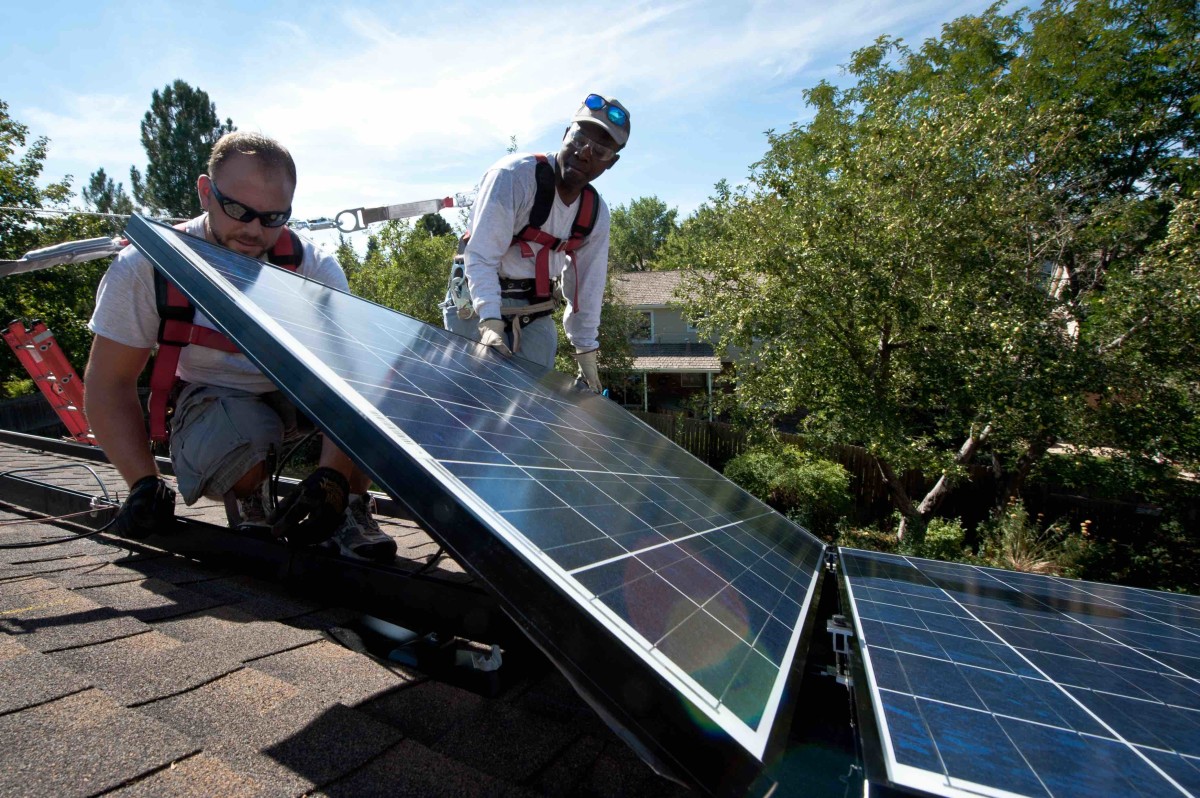
Falling prices for solar panels and the prospect of more efficient and cheaper batteries would seem to make off-grid photovoltaic systems a good bet. Australian researchers say that's usually not the case.

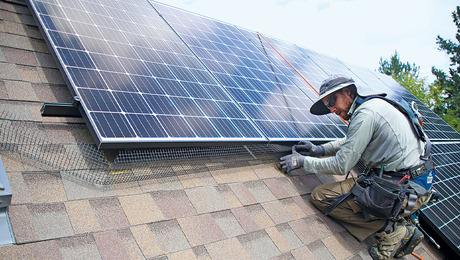

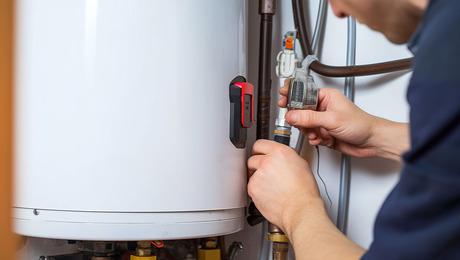









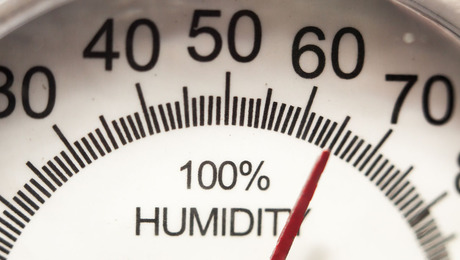

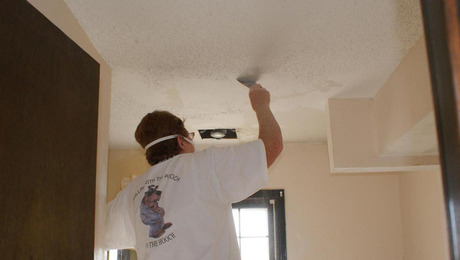
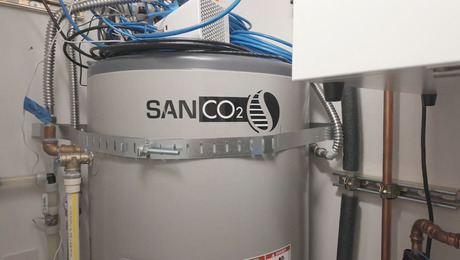






View Comments
Dear Scott
Thanks for reporting this article. The good news is that Elsevier has generously offered free access to the paper till May 17, 2015 from the following link:
http://authors.elsevier.com/a/1QmiG14YGgL4qN%5Bauthors.elsevier.com%5D
Kind regards
Rajab Khalilpour
We are just still not advanced enough to consider this a reliable technology for money-saving.